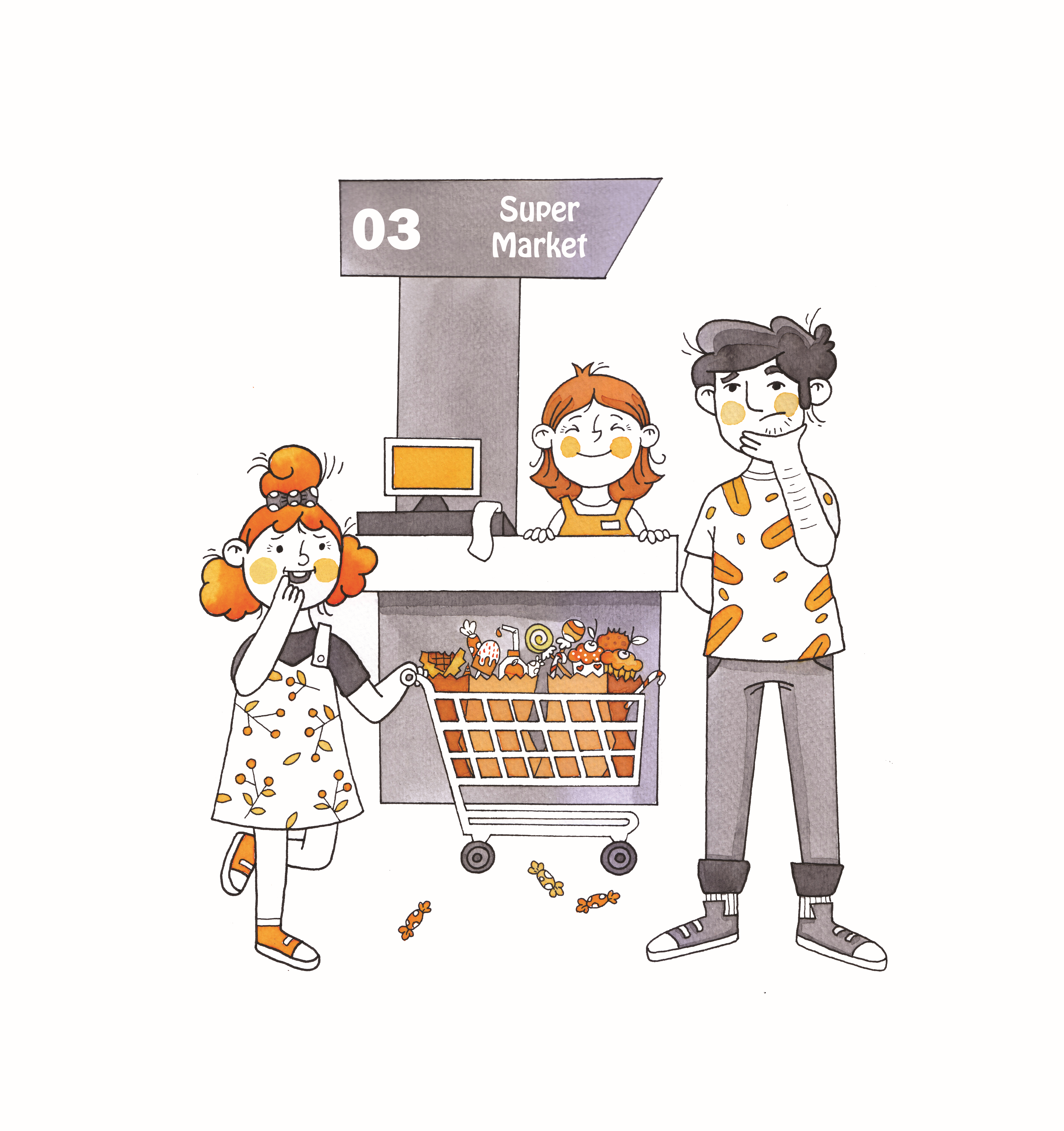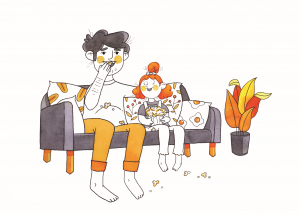
When I was 7, I attended my first prize giving ceremony in school, only I didn’t get a prize. It broke my heart and I cried to my mother about it for a whole afternoon. She didn’t wipe my tears and comfort me or sugar coat the truth, instead we had a conversation on what it took for me to be awarded.
After that day, it was a norm and I appreciated it growing up. When my parents communicated with me honestly, openly and in a way that wasn’t just about protecting my feelings but rather about helping me understand how the world works. I would like to think their intervention helped shaped me to be a better person.
As an adult, I realize there are a few great ways to communicate with children:

- Listen first
When we feel frustrated it is easier to correct and become authoritative as opposed to collaborative. As with adults, it is also important to listen before speaking or flexibly respond to children. They will need time to get their words out, they may will need a little bit more patience than our frustration will allow, and our children will need more presence from us than we are willing to sometimes give. However, being mindful with how we behave during their asks helps build an understanding in little ones about how to respond when they also feel frustration. As they practice this throughout their childhood, they become more understanding adults.
- Acknowledge and Explain
As parents, we know children do not view the world like adults. Most of the time their actions come from a place of innocence, which may end up being caustic or harmful or inconvenient for us adults. It’s easy to lose our temper but it’s essential to be patient and to practice patience with them. So, instead of yelling or being quick to tell them off about how wrong they are, acknowledge the intent behind their actions then explain how they could do things better.

- End discussions on a positive note
The final moments of the day, in bed, I ask my daughter three questions:
- How was your day?
- What was the best part?
- What was the worst part?
As a parent I feel that it is important to end the day with positive encouragements, reflection, and effectively using the opportunity to reframe anything that may be misunderstood for my daughter to have a full picture of the circumstances. One example is if my spouse and/or I have been yelling at her to speed things up right before bedtime, I will first ask the above questions. My daughter will always respond that the bad part of the day was something that we as parents also did not like her to experience such as losing our temper and shouting as a result. Our bedtime routine allows for us to reframe the situation so she can understand cause and effect; it is an opportunity for us to discuss how we can improve, together.
Ending discussions on a positive note even though we disagree gives us a chance to show our children that even though we disagreed we haven’t changed how we felt about them, we love them all the same. Our children need reassurance that we love them all the same even though they made mistakes.
Hard, But Worth It!
I believe, as may other parents, when we show our children mercy we build characters that show compassion and mercy in their engagements over having feelings of entitlement. The best thing about having a parent that invests time to communicate effectively, compassionately, and thoughtfully with their child is not propriety, rather it’s that our children learn to make effort. They learn to try their best at whatever it is they are attempting to accomplish including communicating emotions, their needs, as well as their thoughts. Eventually, as we practice how to communicate with our children it will not only get easier but improve our relationship as they get older because we have laid out the foundation for positive outlook exemplified by our own behaviors and character traits.


